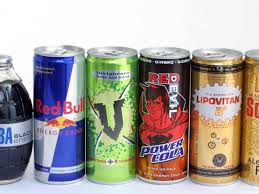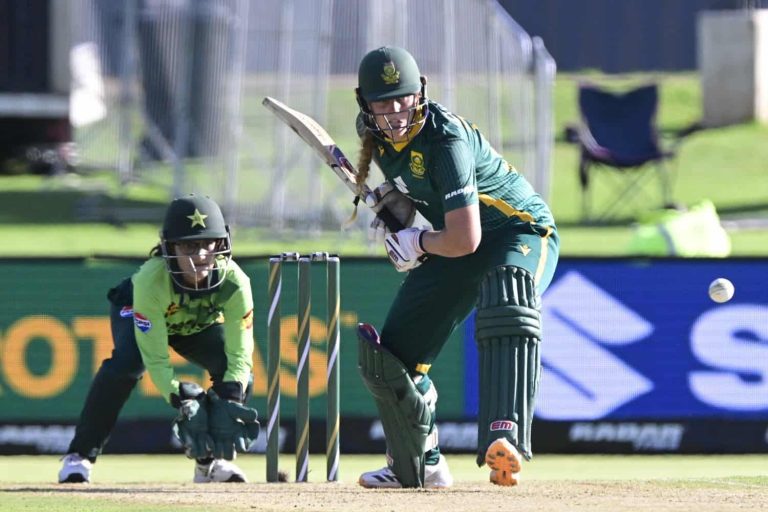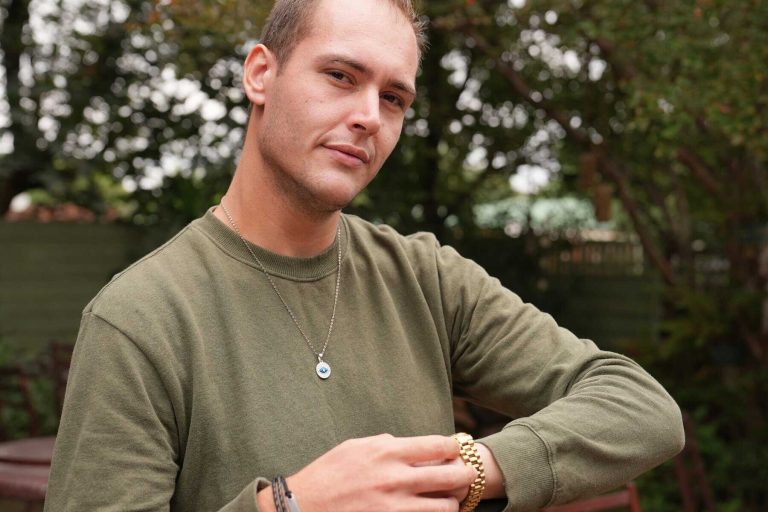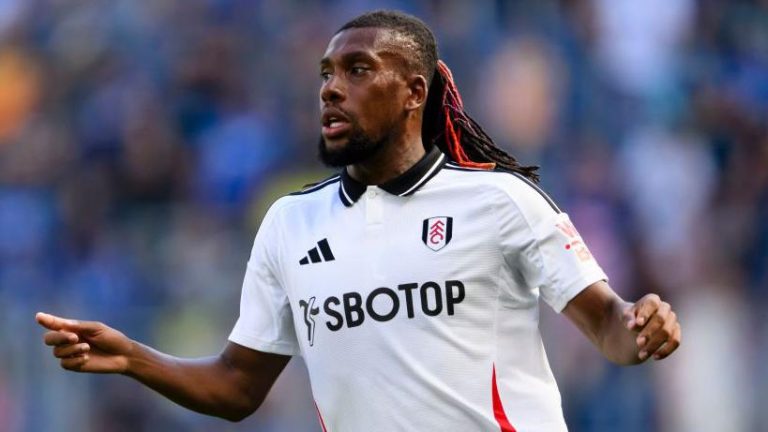
England will introduce a ban on the sale of high-caffeine energy drinks to anyone under 16, the government announced on Tuesday, in a move aimed at tackling obesity, poor sleep, and declining concentration among young people.
Under the new rules, drinks containing more than 150mg of caffeine per litre, including popular brands such as Red Bull, Monster, Relentless, and Prime Energy, will no longer be sold to under-16s in shops, cafés, restaurants, vending machines, or online. Lower-caffeine soft drinks, tea, and coffee will remain unaffected.
Health Secretary, Wes Streeting, said the measure, a Labour manifesto pledge, addresses growing concerns over the health effects of energy drinks on children. “How can we expect kids to do well at school if they have the equivalent of a double espresso in their system every day?” he said. “Energy drinks might seem harmless, but they’re harming sleep, concentration, and wellbeing, while high-sugar versions are also damaging children’s teeth and fuelling obesity.”
Health experts, teachers, and dentists welcomed the plan, calling it a “common sense” step to improve children’s wellbeing. Research shows that a single 250ml can of Red Bull contains around 80mg of caffeine, roughly the same as one espresso or two cans of cola, with many young people consuming far more than that daily.
Teachers have long warned that energy drinks leave children “bouncing off the walls” in lessons, while dentists urged the government to go further and include zero- and low-sugar variants to better combat tooth decay.
Supermarkets voluntarily introduced restrictions on sales to under-16s in 2018, but enforcement has been inconsistent, with many smaller retailers continuing to sell high-caffeine drinks to children. The new rules, to be implemented under secondary legislation via the Food Safety Act 1990, are designed to standardize compliance nationwide.
An implementation date has yet to be confirmed, with details expected after a formal consultation on the policy.



